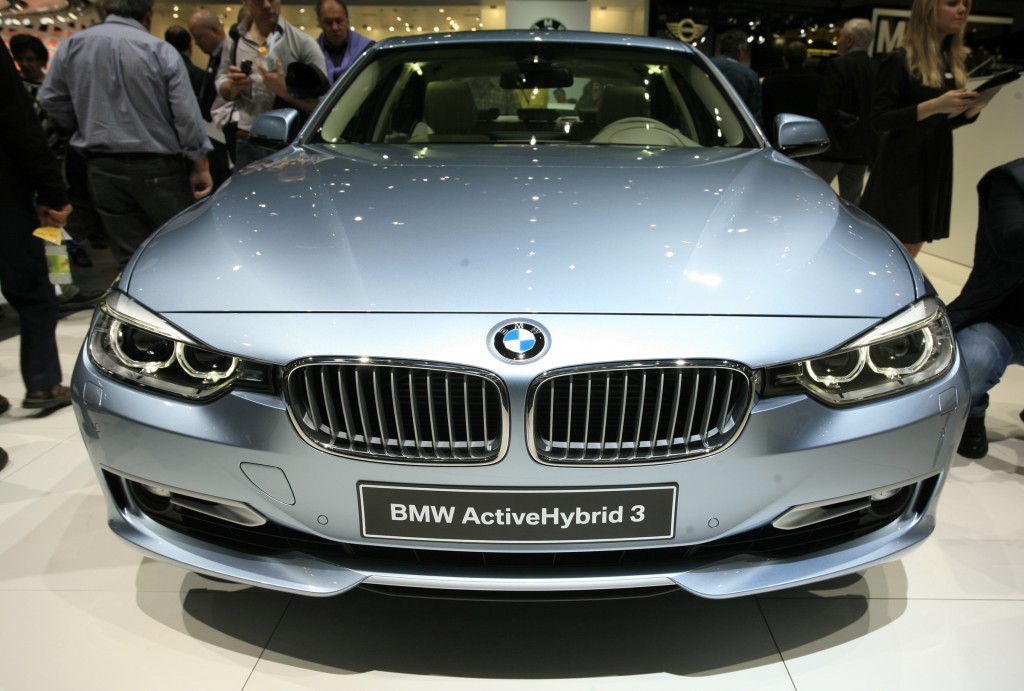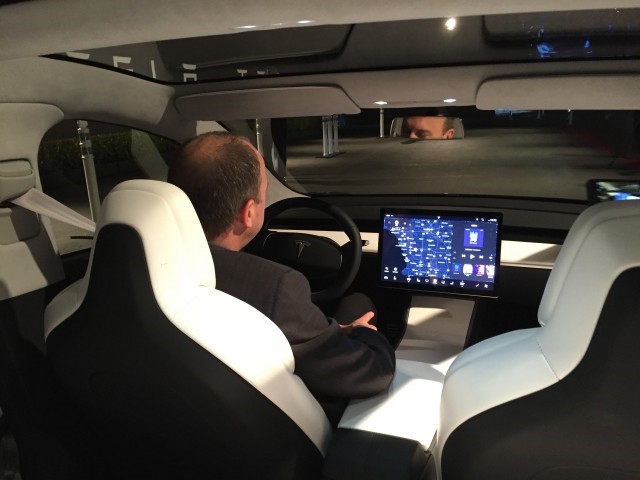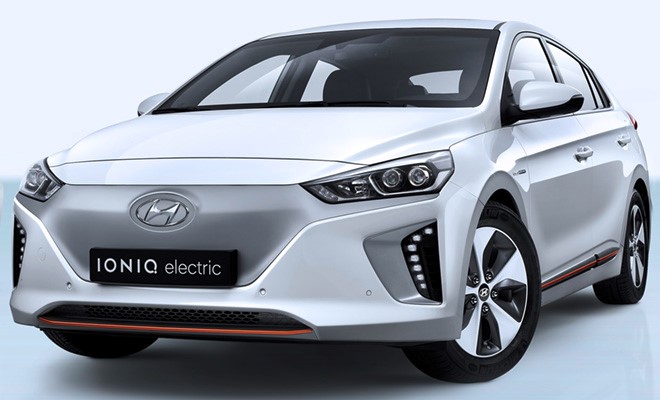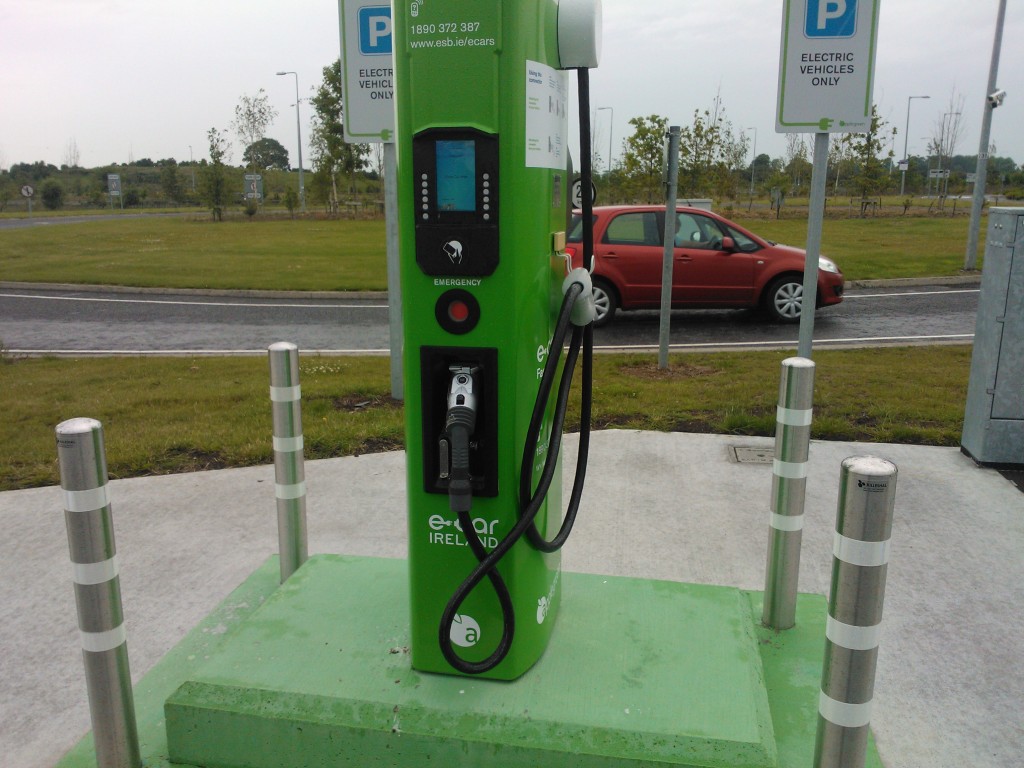Plug-in hybrids are being introduced by most major carmakers and will be available over the next couple of years. While the number of high-volume battery-electric vehicles today can be counted on one hand–BMW i3, Nissan Leaf, Tesla Model S–virtually every global automaker now has plug-in hybrids planned for launch between 2015 and 2020. 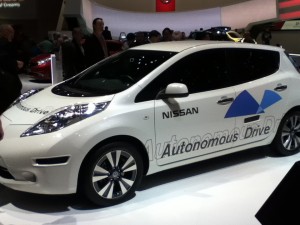
Nissan was the latest manufacturer to announce plans to introduce a Plug-in Hybrid version of their groundbreaking Leaf, which will be available alongside its all-electric model. This announcement indicates Nissan’s plans for the future of their engine line-up as they plan on having plug-in options available across their model range.
Nissan’s Head of Global Development-Andy Palmer is reported as saying, both in October 2011 and May 2013, that Nissan would offer plug-in hybrids along with, at some point, hydrogen fuel-cell vehicles. (The company has a joint development agreement with Ford and Mercedes-Benz to cooperate on fuel-cell research and development efforts.) 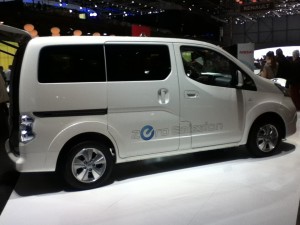
In April, he added some further details. The start of plug-in hybrid production remains slated for late 2015, presumably coming to market in one or more models by 2016. While Palmer declined to comment on specific models or vehicle types, he noted that Nissan sees a “natural dividing line” between battery-electric and plug-in hybrid powertrains, based on vehicle weight. Batteries are suitable to power vehicles weighing 1,750 kg (3,850 lbs) or less, he said. Above that weight, plug-in hybrids simply make more sense on a cost and capability basis.
In effect, that means that Nissan’s electric vehicles are likely to remain in the compact to mid-size passenger car segment, or smaller–along with more specialized vehicles like the Nissan e-NV200 electric delivery van that just entered production in Spain. Plug-in hybrids, on the other hand, could be used in mid-size or larger crossover utility vehicles and larger executive models.
Nissan is keen to offer a range that can stay ahead of the German brands Audi, VW, Mercedes and BMW, all of which will add one or more plug-in hybrids to their line-ups within the next two years (as will Mitsubishi, Volvo, and others).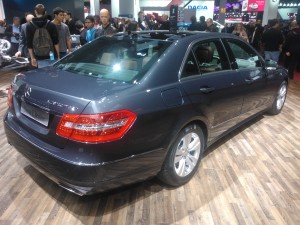

As for the technology behind the line-up, Palmer said a Nissan plug-in hybrid system would not be derived from either of its two current hybrid powertrains–one a full hybrid for larger rear-wheel-drive vehicles, the other a mild-hybrid system for front-wheel-drive platforms.
Instead, it would be a new and separately engineered system that might, for instance, use a 80-kilowatt (108-horsepower) Nissan Leaf electric motor–giving Nissan significant economies of scale after building a few hundred thousand Leafs. (The total as of last month is 115,000.)
Assuming its plug-in hybrids come to market as scheduled 18 months from now, they will reinforce Nissan’s prominent position as the global automaker most committed to electrifying large segments of its lineup by 2020.
Source- green car site
